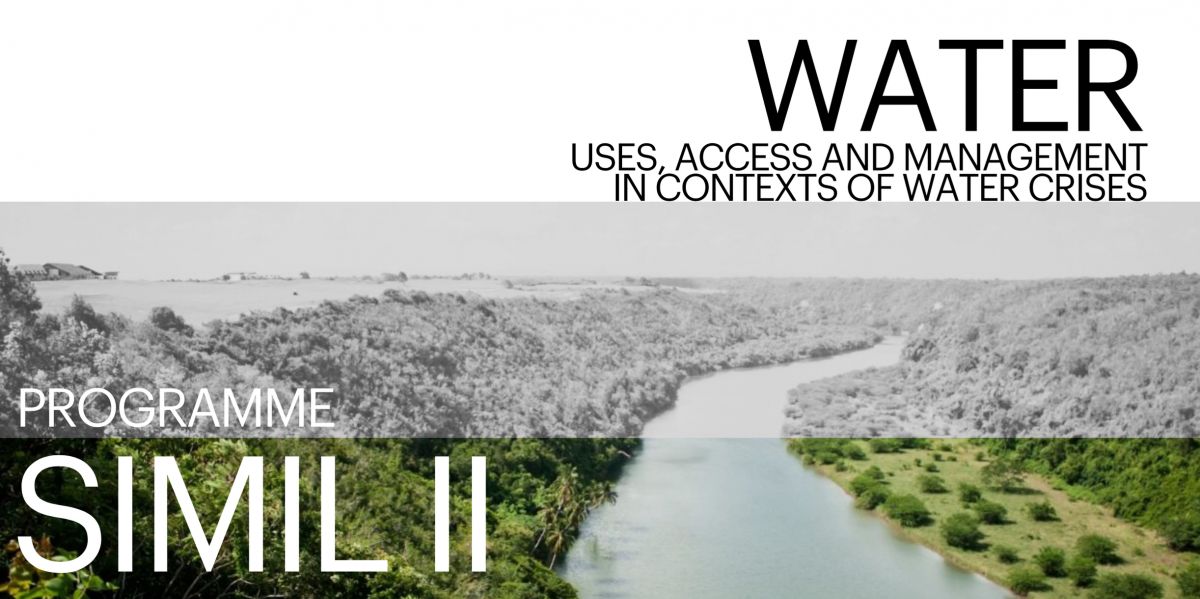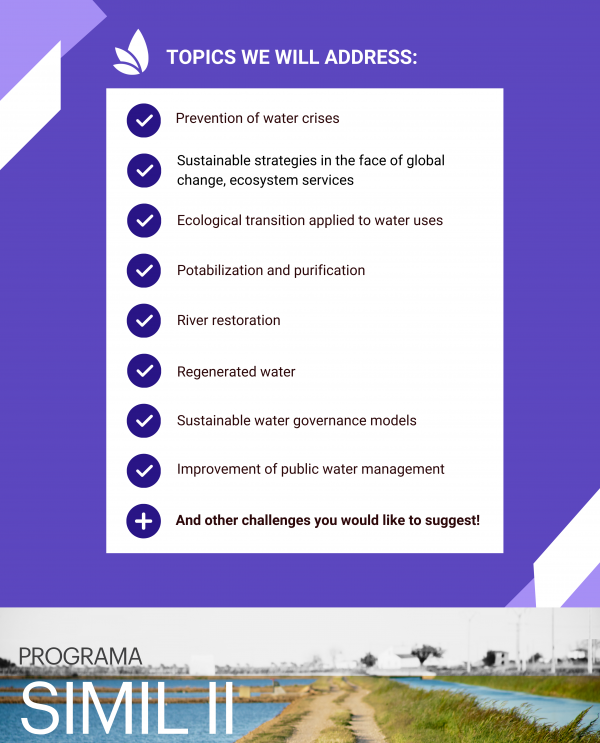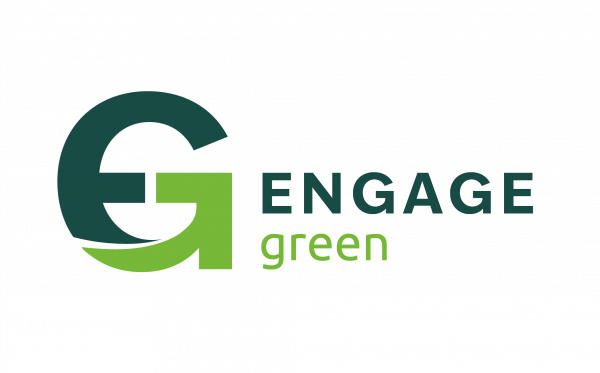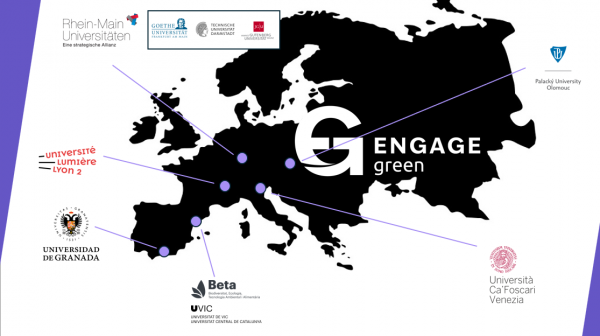SIMIL II | WATER
TIMELINE OF ACTIVITIES
We start from experience; our first edition of the SIMIL program has allowed us to learn about the strengths and successes of the program, but also the areas for improvement. Based on reflection on that trajectory, we will seek to generate a format that encourages the participation of representatives from public administrations and researchers, with the ultimate goal of increasing impact on the territory. Therefore, the second edition of SIMIL will incorporate the following approach:
A NEW SIMIL
Our experience from the previous dialogue program between science and politics showed us that we can have a tangible impact. We will aim for this result in the new program, attempting to achieve changes applicable at local and regional levels. We seek to land solutions that help political representatives solve specific issues that have arisen in their territories. If you want to see practical examples of how concrete solutions were achieved in our first edition.
Following the same logic, we aim to apply the SIMIL programs in the environmental areas that most affect the population and the political space that acts upon them. In a joint process, and with the help of public administrations, we have chosen water as the central element of SIMIL II, whose deficit and contamination already concern and affect the entire population of the central Catalan region, and which will continue to pose new crises more frequently due to global change.
Through dynamics, workshops, and even artistic and creative activities organized by CT BETA, we will create a common space that allows for mutual understanding. In this bidirectional dialogue, a lasting bond can be formed between participants (researchers and politicians), but also with the subject matter at hand. We believe that this bond, in this case with water, which can generate affinity and even environmental affectivity, is also essential for achieving strong political engagement in areas related to the environment.
These action axes of the II edition of the Simil program will unfold in a specific theme: water, its uses, access, and management in contexts of water crisis. The persistent drought in the Catalan area for three years has become one of the main challenges of the region. The need to provide solutions to the causes and consequences of the situation becomes urgent and pressing. In this program, we will address this need, identified collectively, in the areas affected by this environmental and social phenomenon.
Project ENGAGEgreen
The SIMIL II program: Uses, access, and management in contexts of water crisis, is part of the Erasmus+ project: "ENGAGEgreen. Enhancing Institutional Capacities for Policy Engagement for Green and Digital Transitions," an initiative funded by the European Union. The SIMIL II program is the science-policy pairing scheme executed by the CT BETA, converging in a common effort by various European universities and academic institutions to develop their own pairing schemes.
The pairing schemes being implemented by the various universities are a form of dialogue between science and politics. They help bridge the practical gap between public policies and academic research. Building bridges between these spaces leads to informed, efficient, and evidence-based decision-making, while also fostering scientific involvement in sociopolitical issues and directing research toward resolving them, ultimately strengthening the institutional capacity of universities for political engagement. This is why we speak of bidirectional dialogues.
The ENGAGEgreen project applies various dialogue and meeting formats in the areas of Ecological and Digital Transition. This project will create examples of good practices, generate tools for political participation, and provide training materials for conducting both in-person and virtual workshops. This process involves researchers at all professional levels, students, and political and public administration representatives. In addition to the local and regional formats that each university or research center will apply, the aim is to conduct transnational and European-level dialogue (“transnational pairing scheme”).
The BETA Technological Center (University of Vic – Central University of Catalonia), will be joined by the following institutions in this project:
- Rhine-Main-Universities (RMU), comprised of Goethe University (Frankfurt), Mainz University, and the Technical University of Darmstadt. They are responsible for project coordination. Access to the web here.
- University of Granada (Spain). And specially their Social Innovation Lab (MEDIALAB).
- Palacký University (Olomouc, Czech Republic).
- Ca' Foscari University (Venice, Italy).
- Lumière Lyon 2 University (France).
The project began in October 2023 and is currently in progress, with this phase lasting until its conclusion in March 2026.





